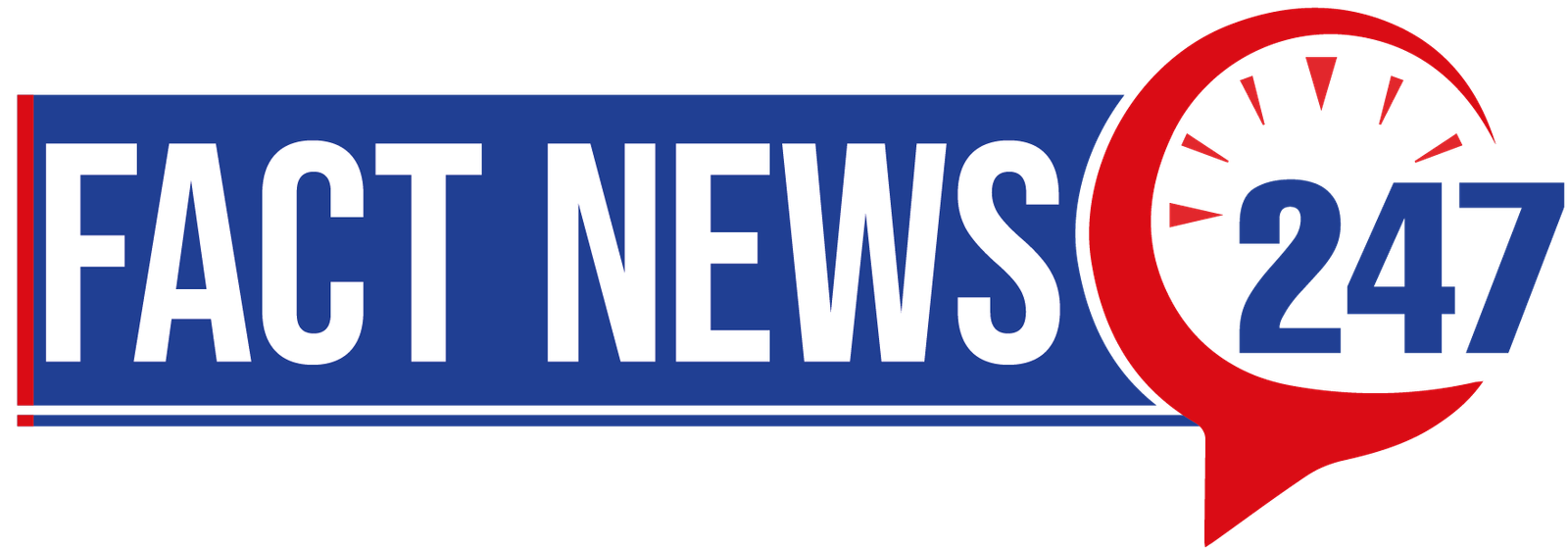Image Credit: iStock Image
Introduction
Adult Protective Services (APS) plays a crucial role in safeguarding vulnerable adults from abuse, neglect, and exploitation. Understanding these services is essential, particularly in the context of real-life cases like that of Nicole Alden. This blog aims to shed light on APS’s functions, challenges, and the critical need for community awareness and involvement.
Read More About: Daniel Libelig Perfetti Van Melle
What Are Adult Protective Services?
Adult Protective Services are government agencies tasked with protecting adults who are unable to protect themselves due to age, disability, or illness. The primary goal of APS is to investigate allegations of abuse and neglect and provide necessary support services. APS operates under various state laws, which can vary widely, affecting how services are delivered.
Key Functions of Adult Protective Services:
- Investigation: When a report of abuse or neglect is made, APS investigates the allegations to determine the situation’s severity.
- Intervention: Depending on the investigation results, APS may intervene to ensure the safety of the adult involved. This could include removing them from a dangerous situation or connecting them with social services.
- Support Services: APS often works in conjunction with other community organizations to provide the necessary services to improve the adult’s quality of life, such as mental health counseling, financial assistance, and housing support.
- Prevention and Education: APS also engages in community outreach and education to raise awareness about elder abuse and neglect and to inform the public about available resources.
The Case of Nicole Alden
Nicole Alden’s story is emblematic of the challenges faced by Adult Protective Services. Nicole was a vibrant young adult living independently when she became a victim of exploitation and neglect. Her case highlights the importance of vigilance and community support in protecting vulnerable adults. Additionally, access to psychiatric services played a crucial role in her recovery, providing the mental health support needed to help her regain stability and independence. This underscores the need for comprehensive care that includes both social services and mental health resources in protecting and assisting those at risk.
Background
Nicole’s challenges began when she faced mental health issues that impaired her ability to make sound decisions. As her situation deteriorated, she became susceptible to manipulation by those around her. Reports of financial exploitation and neglect eventually reached the APS, triggering an investigation.
Investigation Process
Upon receiving reports, APS initiated an investigation. This involved interviewing Nicole, her family, and those in her social circle. The investigation revealed a troubling pattern of manipulation and neglect, underscoring the importance of thorough inquiry in such cases.
Intervention and Support
Following the investigation, APS took decisive action. They connected Nicole with mental health professionals, provided financial counseling, and arranged for safe housing. This multi-faceted approach helped Nicole regain some independence and improved her overall quality of life.
Click Here to Understand About: 15456 To Hermitage PA
Challenges Faced by Adult Protective Services
While the mission of APS is noble, it is not without challenges. Some of the primary issues include:
- Underreporting: Many cases of abuse and neglect go unreported due to fear or stigma, making it difficult for APS to intervene.
- Limited Resources: Many APS agencies operate with limited funding and personnel, which can hinder their ability to respond effectively to every case.
- Complex Cases: Each situation is unique, requiring tailored solutions that can be challenging to implement within bureaucratic systems.
- Community Awareness: There is often a lack of awareness about the services APS provides, leading to fewer reports and interventions.
How to Get Involved
Community involvement is critical to the success of Adult Protective Services. Here are ways individuals can contribute:
- Educate Yourself and Others: Understanding the signs of abuse and neglect can help individuals recognize when someone might be in danger.
- Report Suspicious Behavior: If you suspect that an adult is being abused or neglected, report it to your local APS immediately.
- Volunteer: Many APS agencies welcome volunteers who can help with outreach and education efforts.
- Support Local Organizations: Contributing time or resources to local charities that assist vulnerable adults can help strengthen community support networks.
Also Read About to Understand: Shanxi GTF Cures Diabetes
Conclusion
The case of Nicole Alden serves as a poignant reminder of the essential role that Adult Protective Services play in our communities. By understanding APS’s functions, recognizing the signs of abuse and neglect, and getting involved, we can all contribute to creating a safer environment for vulnerable adults. Awareness and action can make a significant difference in the lives of those who are often overlooked.
FAQs on Nicole Alden Adult Protective Services
1. What is the primary role of Adult Protective Services?
Adult Protective Services investigates allegations of abuse, neglect, or exploitation of vulnerable adults and provides support services.
2. How can I report suspected abuse or neglect?
You can report suspected abuse or neglect to your local Adult Protective Services office or law enforcement.
3. What types of services does APS provide?
APS offers investigation, intervention, support services, and community education regarding elder abuse and neglect.
4. Who is considered a vulnerable adult?
Vulnerable adults typically include those who are elderly, disabled, or suffering from illness, making them unable to protect themselves.
5. How can I get involved with Adult Protective Services in my community?
You can educate yourself and others, report suspicious behavior, volunteer with local organizations, or support charities focused on vulnerable adults.
























+ There are no comments
Add yours